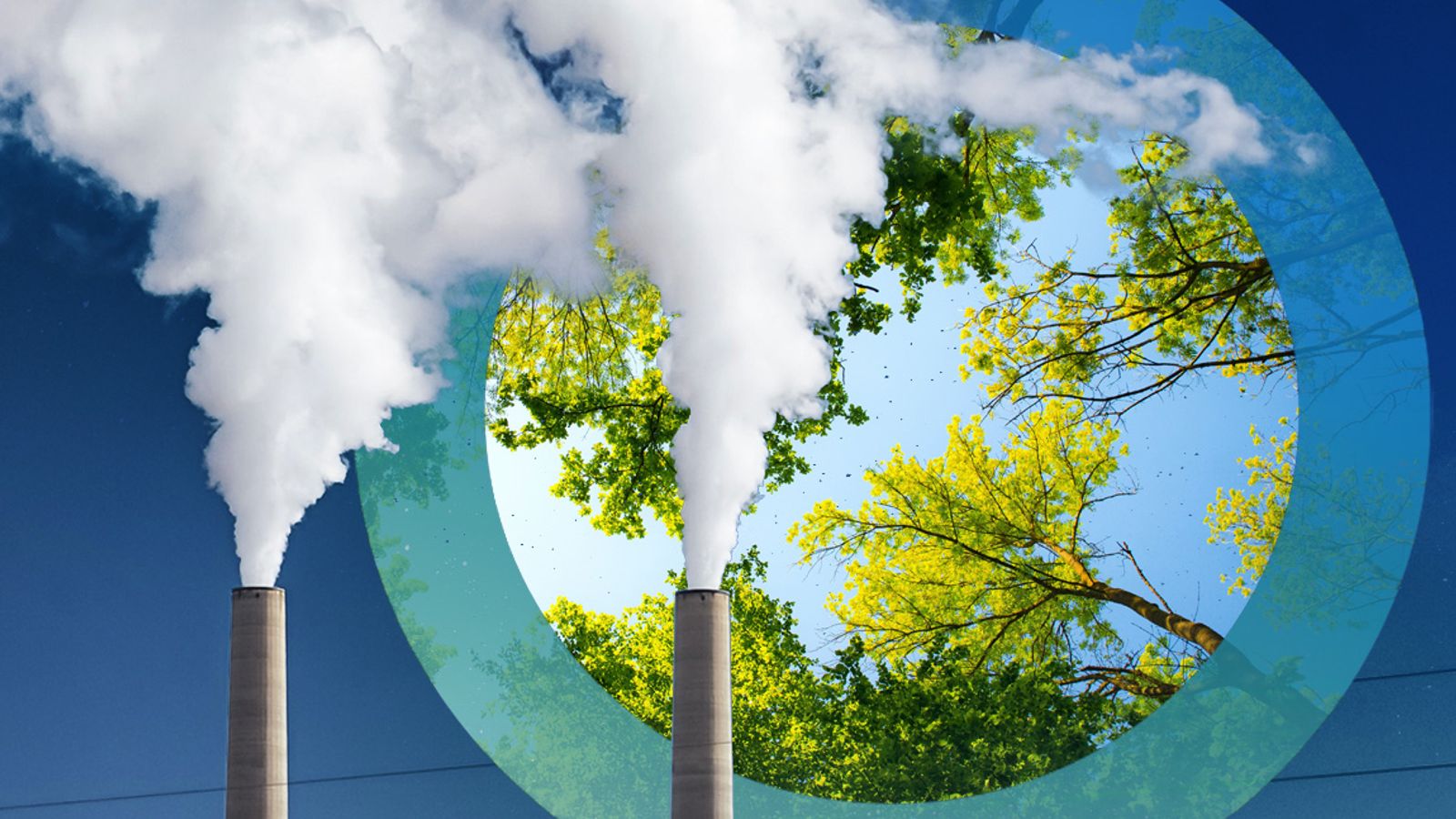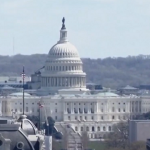A draft joint statement on climate change action by G20 leaders largely avoids firm commitments to tackle the problem, according to the Reuters news agency.
Boris Johnson and other leaders are in Rome for the summit of the world’s major economies this weekend, ahead of the crucial COP26 climate change talks involving almost 200 countries that start in Glasgow on Monday.
While the G20 leaders are set to say they aim to limit global warming to 1.5C – the level scientists agree is vital to avoid disaster – their draft statement contains few concrete actions to limit carbon emissions, Reuters journalists who have seen the statement report.
“We remain committed to the (2015) Paris Agreement goal to hold the global average temperature increase well below 2C and to pursue efforts to limit it to 1.5C above pre-industrial levels,” the draft says.
Leaders also say they recognise “the key relevance” of achieving net-zero carbon emissions by the middle of this century – a goal that United Nations experts say is needed to achieve the 1.5C cap on warming, but some of the world’s biggest polluters have still not committed to it.
China, the largest global emitter of greenhouse gases, has set a 2060 target date; the UK is responsible for 1% of global emissions, against 27% for China in 2019.
Overall, the G20 leaders’ draft statement – the fifth produced – does not seem to have toughened up language on climate action compared with previous versions. In fact, in some areas it has slightly softened it, reports Reuters.
The G20 bloc, which includes Brazil, China, India, Germany and the US, accounts for more than 80% of the world’s gross domestic product (GDP), 60% of its population and an estimated 80% of global greenhouse gas emissions.
“Keeping 1.5C within reach will require meaningful and effective actions by all countries,” the latest draft statement says.
Please use Chrome browser for a more accessible video player
The Reuters report says this compares with a previous draft stating “immediate action” was needed, and that this reflects the painstaking discussions over wording involved in climate diplomacy.
While the latest draft references the importance of reaching net zero emissions “by mid-century”, this wording is said to have replaced the more specific “by 2050”.
The draft does acknowledge that current plans on ways to curb emissions will have to be strengthened, but does not offer much detail on how this should be done, the report says.
UN experts say that even if current national plans are fully implemented, the world is headed for global warming of 2.7C – way above the 1.5C target – which would lead to an acceleration of extreme weather events such as drought, storms and flooding.
Wealthier countries’ willingness to help finance the ecological transition of developing nations, known as “climate financing”, is likely to be crucial to the success of the G20 and the Glasgow summits.
Subscribe to ClimateCast on Spotify, Apple Podcasts, or Spreaker
In 2009, rich nations promised to provide $100bn (about £85bn) per year of climate financing but they have failed to meet the pledge so far.
It is now set to be met in 2023, three years later than hoped, according to the new Climate Finance Delivery Plan.
Addressing this issues, the latest G20 leaders’ draft statement reportedly states: “We stress the importance of fulfilling the joint commitment to the goal of developed countries to mobilise $100 billion annually from public and private sources through to 2025 to address the needs of developing countries, in the context of meaningful mitigation actions and transparency on implementation.”
There is no reference to retroactive payment of the money promised by 2020, which some developing countries and activists say is needed, according to the report.






















